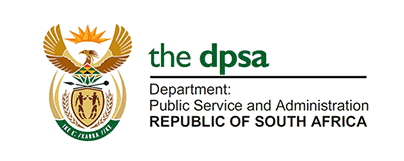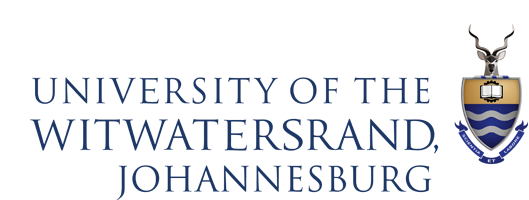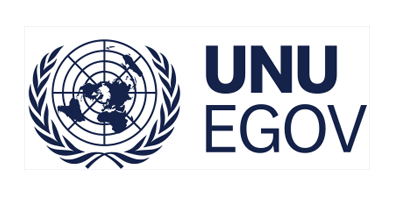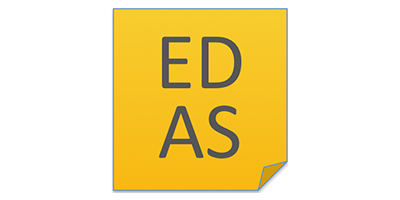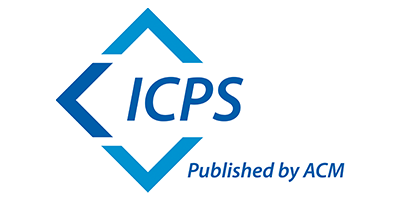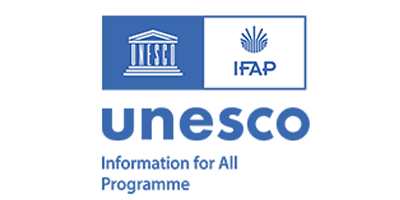
The host country of ICEGOV 2024 is South Africa.
A democratic republic, South Africa is considered an Emerging and Developing economy and ranks 109th on the Human Development Index. In 2023, Statistics South Africa (Stats SA) estimated the population at 62 million. Gauteng still comprises the largest share of the South African population, with approximately 15,5 million people (26,0%) living in this province. South Africa is one of the most biologically diverse countries in the world, after Indonesia and Brazil. The country is surrounded by two oceans, occupies only about 2% of the world’s land area, but is home to nearly: 10% of the world’s plants; 7% of the reptiles, birds and mammals and 15% of known coastal marine species. The country comprises nine biomes (unique vegetation landscapes), three of which have been declared global biodiversity hotspots. Biodiversity richness is one of South Africa’s greatest assets, in terms of landscapes, ecosystems and species – the web of natural life – provides goods and services vital for human well-being and the survival of the planet.
Modern humans have lived at the southern tip of Africa for more than 100 000 years and their ancestors for some 3,3 million years. Some 2 000 years ago, the Khoekhoen (the Hottentots of early European terminology) were pastoralists who had settled mostly along the coast, while the San (the Bushmen) were hunter-gatherers spread across the region. At this time, Bantu-speaking agropastoralists began arriving in southern Africa, spreading from the eastern lowlands to the Highveld. At several archaeological sites there is evidence of sophisticated political and material cultures. South Africa has been a democratic republic since holding its first truly open election on April 27, 1994. The country is a member of the United Nations, the G20 and BRICS.
▢ Useful information
The information displayed below is merely informative. Conference participants should check this information before travelling to South Africa.
LANGUAGES | English is generally spoken in Gauteng, but there are many other official languages in South Africa: isiZulu, isiXhosa, isiNdebele, Afrikaans, Siswati, Sepedi, Sesotho, Setswana,Tshivenda and Xitsonga.
TIMEZONE | The conference takes place in Pretoria, thus being in SAST (South Africa Standard Time), which is ahead UTC by 2 hours (UTC/GMT+2).
WEATHER | Being such a large country by area, South Africa features different climates, even if it is a dry country, classified as semi-arid. The average annual rainfall for the whole of South Africa is about 464 mm. The climate of Pretoria is subtropical, with mild, dry winters (during which it can get cold at night) and hot, sunny summers (during which thunderstorms can break out). The average temperature of the coldest month (July) is of 12.8 °C (55.1 °F), that of the warmest month (January) is of 24.0 °C (75.1 °F). During the conference (October), the season is Spring and the daily mean temperature should be around 22ºC / 71ºF.
SAFETY | Pretoria is considered a relatively safe city for tourists because local crimes are not aimed at them. But even though violent crimes against tourists are rare, you should be very careful and use common sense. Avoid walking after dark, even with a group of people.
HEALTH | The national emergency number is 112. Top-quality public and private healthcare is available throughout the country. Malaria precautions are necessary in some areas, but not in Pretoria. Other emergency numbers are 10177 (Ambulance and Fire Brigade), and 10111 (Police). Water from taps is safe to drink, but bottled water is recommended if you are visiting underdeveloped areas.
INSURANCE | The conference organisers will not be held responsible for any medical expenses, loss or accidents incurred during the conference and/or travel. All participants are strongly advised to arrange personal insurance for their travel and stay in South Africa.
CURRENCY | The currency is the Rand (ZAR) – 100 cents equal one rand. Most retail outlets will accept credit cards, but some smaller shops and restaurants may only accept cash. Travelers are advised to not rely exclusively on obtaining money or paying via digital means. Banks and Bureau de Changes are the most common and safest exchange methods. Banks are open Monday to Friday, 9:00 a.m. to 3:30 p.m., Saturday 9:00 a.m. to 11:00 a.m. Some hotels will also exchange currencies for their guests. Passport or other form of ID is required when exchanging currencies.
ELECTRICITY | The standard electrical power supply in South Africa is 230V / 50Hz and the power sockets are Type C (two round pins) and Type N (two round pins and a grounding pin). In older buildings, however, Type D sockets can still be found. You can find more information here.
MEASUREMENTS | All measurements in South Africa are metric, as are weights; the temperature scale is Celsius.
DRIVING | Although an international driver’s license is advisable, it is not essential, as long as the home country driver’s license is valid and in English, and a photograph is part of the document. Your driver’s license must be carried with you at all times. South Africa drives on the left-hand side of the road in right-hand drive vehicles.
SMOKING | Smoking in South Africa is forbidden in all enclosed public spaces except for specifically designated smoking areas.
TIPPING | South Africa does have a tipping culture, although tipping is always at your discretion.

